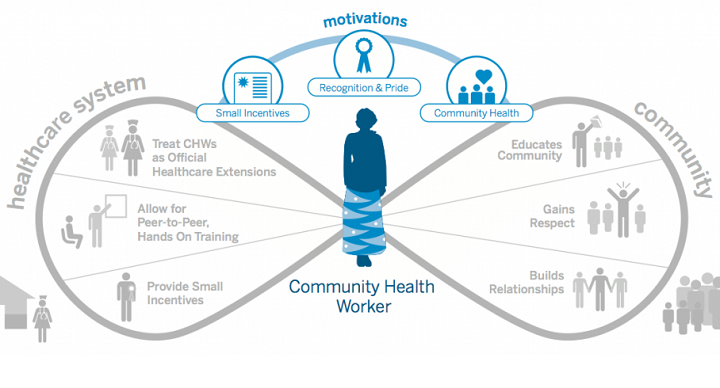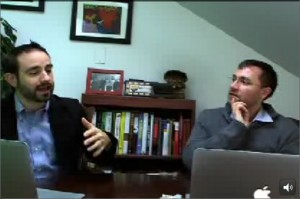We’re excited to partner with the mHealth Alliance yet again to offer our Mobile Phones for Public Health for open enrollment. And we think it matters: When it comes to IC4D (or M4D) projects, even the best technology is often not as helpful as the latest best practices. Patty Mechael, the Executive Director of the mHealth Alliance, was recently quoted in an NYT article about lessons learned from the past ten years of “mobile phones for public health” concluded:
“The tech is only as good as the people it is connecting or system it’s connected to,” Mechael said. ”We can get excited about the shiny new object, but the real impact comes from thinking about the cultural and professional context in which it’s being implemented.”
That same article cast a skeptical eye on the impact of many mHealth programs to date, but singled out Project Mwana as being successful on a large scale in Zambia and Malawi for testing babies of H.I.V.-positive women. When asked to describe what makes Mwana work, Erica Kochi, the co-leader of tech innovation for UNICEF (and confirmed speaker in our upcoming course) described: “Incredible simplicity….It’s not trying to replace the health information system. For its users, it makes things easier rather than adding more
complexity to an already difficult, challenging health system.”
But mHealth solutions aren’t as simple as scaling successful programs irrespective of context. It requires creating an ongoing dialogue between public health professionals, the medical community, technologists, and government funders.
To that end, we’ve attempted to not just build a successful-project showcase, but a conversation that includes the following speakers and organizations:
- Robert Fabricant, Frog Design
- Gustav Praekelt, Praekelt Foundation
- Alain Labrique, JHU University
- Sarah Emerson, Center for Disease Control Tanzania
- Erika Cochi, UNICEF Innovation
- Yaw Anokwa, Nafundi
- Martin Were, Regenstrief Institute; Hamish Fraser, Partners in Health
- Armstrong Takang, Federal Ministry of Health
- Kirsten Gagnaire, MAMA Global
- Lesley-Anne Long, mPowering Frontline Workers; Sandhya Rao, USAID
Class starts June 3rd. Visit the mHealth course page to apply and reserve your spot today. Seats are filling up quickly. We hope that you’ll join the conversation!




